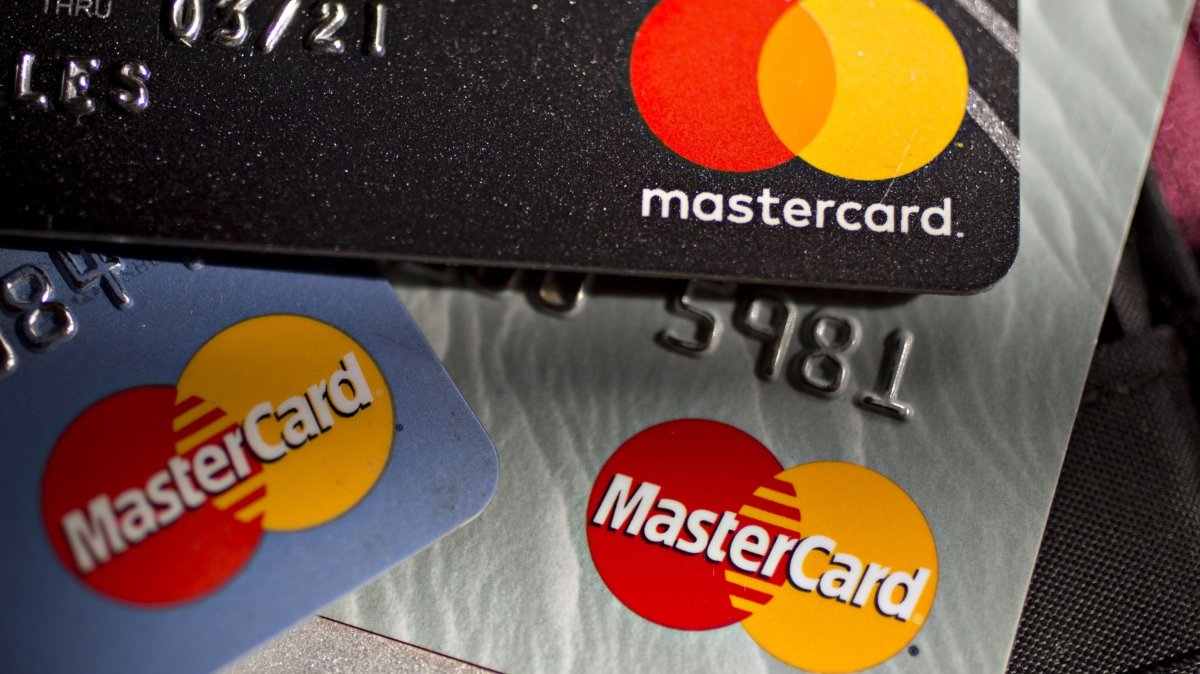Best Credit Cards. How to Choose the Perfect One
- Posted on Nov. 7, 2023
- Finace
- Views 90
Credit cards become a necessary part of our daily life, helping us to make purchases and pay bills without waiting for the salary. However, cards differ in plenty of characteristics. When choosing one, there are lots of factors to consider, including your credit score, spending priorities, as well as types of services necessary for you.
Read More

Best Options by Categories in 2023
|
Category of bonuses |
Name |
Provider |
Price per year |
|
Welcome Bonus |
The Platinum Card |
American Express |
$695 |
|
Airlines |
Miles & More |
Mastercard |
$89 |
|
Hotels |
Marriott Convoy |
American Express |
$650 |
|
Flexible Reward System |
The Platinum Card |
American Express |
$695 |
|
For Students |
Travel Rewards for Students |
Bank of America |
$0 |
|
Business |
The Business Platinum Card |
American Express |
$695 |
Understanding Credit Cards
Unlike debit accounts, credit cards allow you to take short-term loans. Additionally, you can enjoy perks including cashback or travel bonuses. However, it's important to note that if you don't pay the full amount charged to your card, you'll accumulate interest on your purchases, which can become expensive over time.
How Do Bonuses Work
Most perks function by providing a percentage of cashback, calculated according to your spending. There isn’t one best credit card – each one has some advantages. Some are the best for travelers, others for people who often purchase groceries or clothes. To pick the right offer, it's essential to evaluate your priorities.
Maximizing the Benefit
To maximize your credit card rewards, focus on selecting a card that aligns with your primary spending areas. Cards offering category bonuses in groceries, gas, or travel may enable you to earn higher percentages on eligible purchases. For individuals with diverse spending patterns, a flat-rate cash-back card could be more advantageous.
Select those that match your objectives. Compare the variations of rewards, as well as fees.
Understanding the Interest
Interest is a a percentage of money you pay to the bank when returning the credit. Bank interest is calculated using the average daily balance method, where your interest is compounded daily based on the daily interest rate. The interest accrued is based on the previous day's balance.
Calculating the Interest
The daily interest is derived by dividing your card's APR by 365 to get the daily rate, which is then multiplied by your balance. For instance, on a card with a $10,000 balance and an APR of 17%, the daily rate would be 0.0466%. The compounded average daily balance determines the interest charged on your card each day.
APR, APY, and Interest Explained
It's vital to differentiate between APR and APY. APR refers to the interest you'd pay over a year, whereas APY defines the interest earned on a bank account over a year. APR is relevant when you're paying interest, while APY is applicable when you're earning interest.
Application Procedure
The application steps are straightforward for those who have a clear financial history. It involves a credit score examination (the required rate depends on the bank and the card advantages), deciding on the type of card suitable for your needs (such as rewards, low APR, or credit-building), and choosing a convenient method to apply, like an online application, phone call, paper application, or in-person visit to a financial institution.
Then, How To Improve Your Credit Score?
First of all, check if your credit report is right – sometimes it contains information about old loans. Then, if you. have small credits to repay, better do it before the application. Aim for a utilization rate of 30% or below.
Options for Various Ranges
Credit cards are available for individuals with different credit scores. A "high" score usually falls between 670 and 739, whereas a "fair" score ranges between 580 and 669. A FICO Score below 580 is considered very poor.
The Different Credit Bureaus
There are 3 major credit bureaus in the US:
- Experian
- Equifax
- TransUnion
They assess your credit behavior. While each uses a slightly different method to evaluate your credit, they serve the same function: analyzing your credit behavior to generate a credit score.
Types of Perks: Decide What You Need the Most
Credit cards come in various categories, designed to cater to different financial goals:
- Rewards Type: Offering cash back or points as a cash equivalent.
- Balance Transfer: Providing a low or 0% APR for a set time on transfers.
- Low-Interest Cards: Having a lower demand for the interest rate than usual variants. Offering fewer perks, they are available for more customers.
- 0% APR Credit Cards: Offering a 0% interest for some time, usually right after applying.
- Student Cards: Tailored for students or individuals with thin credit files.
- Credit Cards for Building Credit: Aimed at establishing or rebuilding credit.
- Business Credit Cards: Useful for separating personal and business expenses.
How Many Cards Should I Have and Why?
The best credit card depends on several factors, including your credit score, tolerance for annual fees, desired perks, and how well the bonuses align with your financial behavior. It's recommended to reassess your cards annually to ensure they still meet your evolving needs.
Understanding Credit Card Companies
- Credit Card Issuer: The bank that issues the credit card.
- Credit Card Networks: The entities processing payments.
- Co-Branded Credit Cards: Issued in collaboration with a specific retailer or service provider.
- Visa vs. Mastercard: Two major card networks offering different benefits.
- Top Credit Card Companies: American Express leading in customer satisfaction.
In summary, credit cards offer numerous benefits, from rewards and perks to aiding in building credit. Selecting the right card requires careful consideration of your spending habits, credit score, and desired perks to get the most out of your financial tool. Regular reassessment of your cards is crucial to ensure they align with your evolving needs.


